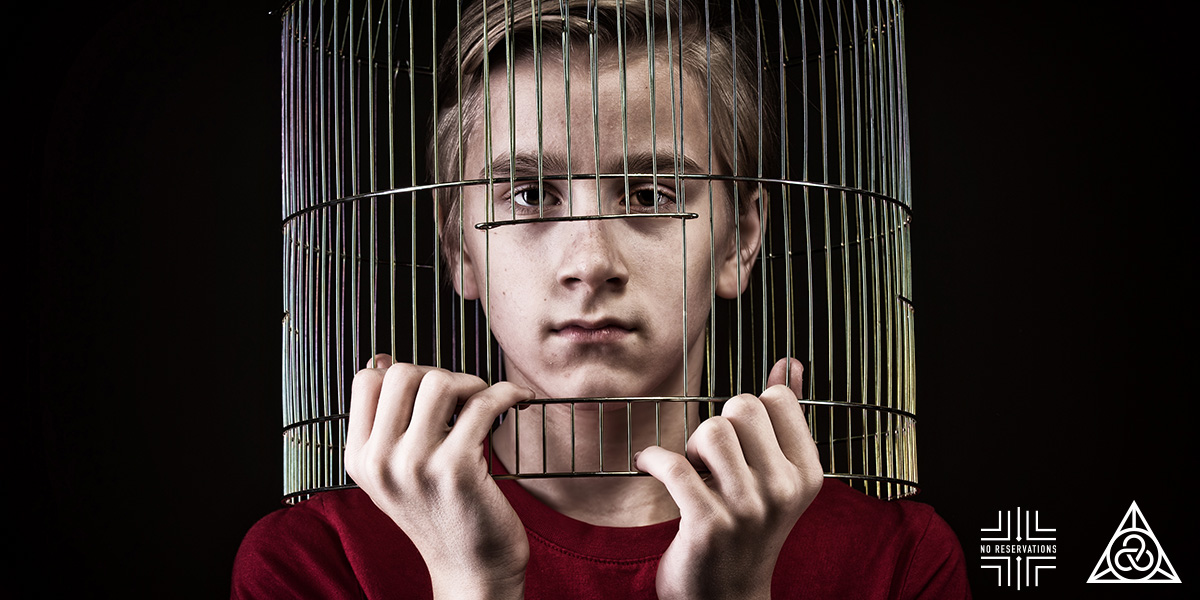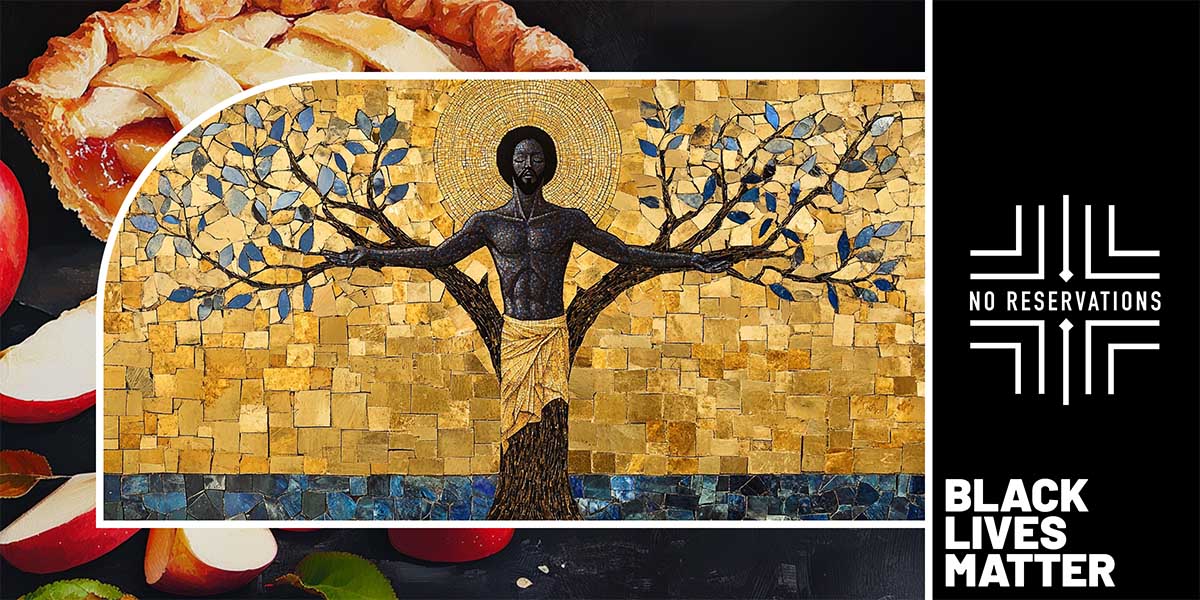What these numbers show is that the priorities of a nation with the highest population of Christians and Jews in the world, do not reflect the theological narratives and callings that these two faiths demand when it comes to the treatment of children and the poor in general.
“True compassion is more than flinging a coin to a beggar; it understands that an edifice which produces beggars needs restructuring. A true revolution”
Martin Luther King Jr.
Organizations such as the Children’s Defence Fund and countless of non-profit institutions at the federal and local level, all have programs that are available to families who are in need and have developed plans that can be enacted at the national level to decrease child poverty and improve primary conditions for children and their families.
All of these are good and need to be adopted if we are to help families in need, however, too many times these programs do nothing more than place a Band-Aid on a gaping wound that is not only bleeding externally but is hemorrhaging profusely at the internal level.
Martin Luther King Jr. in his book Where Do We Go From Here, develops an understanding that what is needed in the world, what it is necessary for our nation and at the local level, is people of faith to become creative disruptors of the status quo by continually putting the evil realities of our systems in the face of those who can do something about it.
King also calls for a complete restructuring of the policies of our nation that continue to allow the United States to be the wealthiest country on our planet, but yet falls last in both family and child poverty rates among the developed world.
What these numbers show is that the priorities of a nation with the highest population of Christians and Jews in the world, do not reflect the theological narratives and callings that these two faiths demand when it comes to the treatment of children and the poor in general.
As people of faith, we are called to be peacemakers and to build a world that embraces the messianic expectations of our sacred scriptures. Instead, our tax dollars are going towards weapons of mass destruction and tax cuts for the rich and powerful. Let us not forget the prophetic words of those who looked at the wickedness of the land and pleaded with their inhabitants to turn back to the call for justice for those who Jesus called “the least of these,” so that we might avoid a similar calamity of those ancient kingdoms. (Matthew 25:40)
For the sins of our inaction, the sins of our religious institution’s apathetic approach to those who are hurting, the sins of our non-profit sector to be experts at problems but novices at solutions, the sins of a generation of privilege turning their backs on those that they built their wealth on — those sins will come back to haunt not just the current generation in power, but the generation that is currently affected by these evils, and their children as well.
As Christians, we are called to bring about the Kin-dom of God, to awaken the collective conscience of the messianic expectations of a people who liberated themselves from slavery and survived countless hardships. Yet, until we do what Jesus commands of us, and look at the world through the eyes of children, we will continue to fall trap into the self-destructive loops of the human condition, which continues to waste away at the potential for innovation in the minds of children who right now are hurting from hunger pains, inadequate housing, and lack of access to proper education.
Every day in our nation, almost five children are killed by gun violence alone. Five kids who could have cured cancer or AIDS as adults, and whose blood now cries out from the earth for actionable change and systemic restructuring. Every day in our nation, 10000 youths spend their night in adult prisons with almost 700 of them charged as an adult for crimes committed. That is 700 chances of reconciliation and restitution moments that are lost. There is no justice in that reality. Every day in our nation, kids go to bed hungry, and by the time you finish this section, almost five kids have died from hunger in the world. These kids could have been a potential Nobel Prize Winner, the next Einstein, the next great novel writer — a missed opportunity for humanity. We need to do better.





